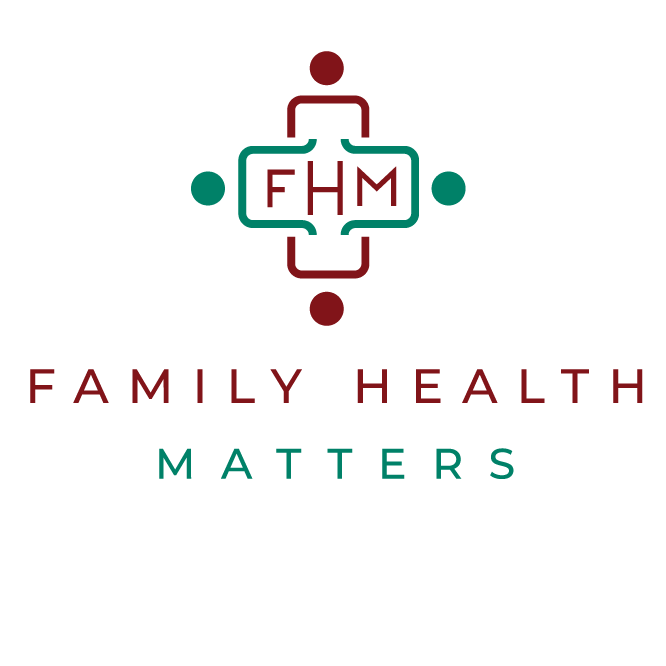What You Need to Know About Phone Consultations with Our Nurse Practitioners
In today’s busy world, phone consultations are a convenient way to get medical advice without leaving home. At our clinic, we offer phone consultations with our experienced Nurse Practitioners (NPs) to help you manage certain health concerns quickly and efficiently.
But while phone consultations can be incredibly helpful, it’s important to understand their limitations. In this post, we’ll walk you through what phone consultations can and can’t do, so you can get the most out of your care—and know when it’s time to seek in-person help. Please be advised we generally call our phone appointment patients within 10 minutes, either side of their appointment time.
What Phone Consultations ARE Great For:
General medical advice
Follow-up care
Triage for minor symptoms
Discussing lab results or ongoing treatment plans
Prescription refills (when appropriate)
Phone consultations are especially helpful for patients with mobility challenges, busy schedules, or those who live far from the clinic.
What Phone Consultations CAN’T Do
While our Nurse Practitioners do their best to assess your concerns over the phone, there are some important limitations you should be aware of:
1. No Physical Exams
Without being able to see or physically examine you, our NPs rely solely on what you describe over the phone. This limits their ability to detect certain signs or symptoms that may be visible or require hands-on assessment.
2. No Visual Clues
Unlike video calls or in-person visits, we can’t observe things like rashes, swelling, or physical distress. Some conditions really do need to be seen to be properly diagnosed.
3. Not for Emergencies
If you are experiencing serious symptoms like chest pain, shortness of breath, or sudden weakness, do not wait for a phone consult. Call 911 or go to your nearest emergency room.
4. Reliant on Clear Communication
Since we can’t see you, we depend on how clearly you can explain your symptoms. If anything is left out or misunderstood, it could impact the advice or treatment plan we provide.
When NOT to Use a Phone Consultation
Please go straight to the emergency department (or call 111) if you are experiencing:
Chest pain or difficulty breathing
Signs of a stroke (e.g., slurred speech, facial drooping, weakness)
Severe allergic reaction
Uncontrolled bleeding or trauma
Loss of consciousness
A serious mental health crisis
What You Can Do to Help
To make your phone consultation as effective as possible:
Be in a quiet, private place where you can talk openly
Have a list of your symptoms, medications, and any questions ready
Speak clearly and describe your symptoms in detail
Follow up as advised, especially if your symptoms change
Informed Care = Better Care
By booking a phone consultation, you acknowledge that it has limitations—and that it may not be appropriate for every health concern. In some cases, our Nurse Practitioner may recommend an in-person visit, tests, or a referral to another provider.
We’re here to support your health journey in the best way possible. Phone consultations are a powerful tool—but like any tool, they work best when used at the right time and for the right reasons.
Have questions or want to book a consultation?
Contact our clinic or use our online booking system to speak with one of our Nurse Practitioners today.

